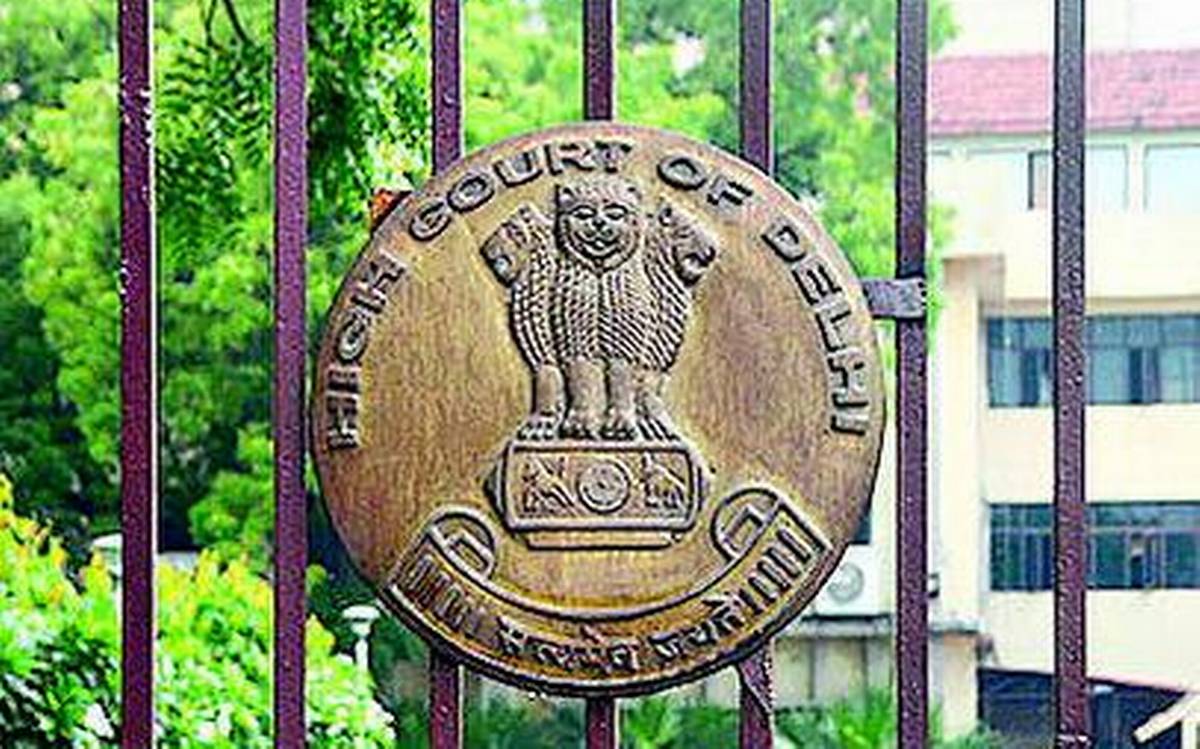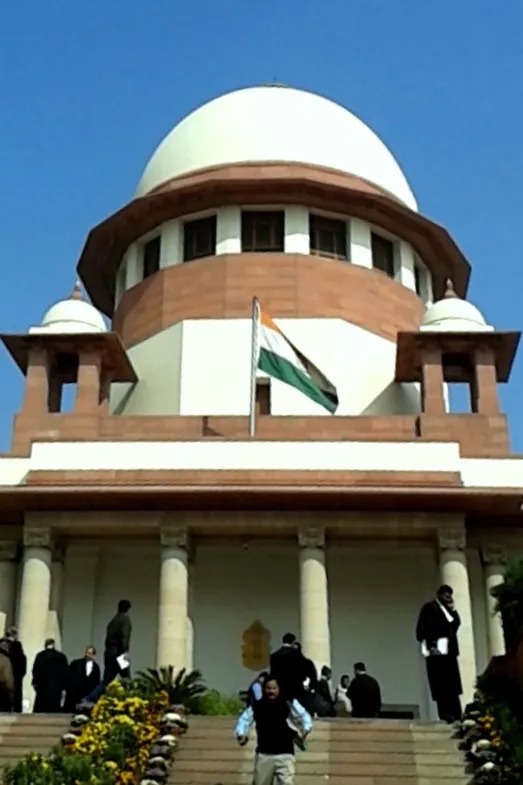Jayanta Kumar Biswas, J.@mdashThe petitioners in this WP under art. 226 of the Constitution of India dated July 17, 2001 are seeking the following principal reliefs:--
a) A writ of and/or order and/or direction in the nature of Mandamus do issue commanding the respondents and/or each of them, their servants agents or assigns to forthwith:--
(i) recall and/or rescind and/or set aside the purported assessment order dated 3rd September, 1998 passed by the Hearing Officer-IV fixing annual valuation of premises No. 15, Canal East Road, Kolkata-700 067 at Rs. 17,82,250/- being annexure "P-5" hereof.
(ii) Recall and/or rescind and/or set aside the purported demand notice dated 2nd November 2000 passed by the Assessor-Collector(North) demanding a sum of Rs. 1,04,75,884.21 being annexure "P-6";
(iii) Not to take any step and/or and further step and/or initiate any action and or any further action on the basis of or pursuant to the purported assessment order passed by the 3rd September, 1998 being annexure "P-5" hereof as also the demand notice dated 2nd November, 2000 being annexure "P-6";
The Calcutta Municipal Corporation issued a notice dated February 6, 1998 to the first petitioner u/s 184(3) of the Calcutta Municipal Corporation Act, 1980. The first petitioner was informed that the premises in question had been assessed at an annual value of Rs. 24,82,980 with effect from 3/1992-93; that it was entitled to submit a written objection against the valuation under s. 186 of the Calcutta Municipal Corporation Act, 1980; and that the objection, if filed, would be heard by the Hearing Officer IV on April 30, 1998.2. The first petitioner filed its written objection against the proposed annual value. The Hearing Officer heard the first petitioner, considered the material evidence and the written objection; and passed an order dated September 3, 1998 determining the annual valuation at Rs. 17,82,250. Feeling aggrieved by the order of the Hearing Officer dated September 3, 1998, the first petitioner filed an appeal u/s 189(5) of the Calcutta Municipal Corporation Act, 1980 on October 12, 1998 (list of dates).
3. It, however, did not pay the deposit according to the provisions of sub-section (6) of section 189. Since the first petitioner did not pay the deposit pursuant to sub-section (6) of section 189, the Corporation issued a notice dated November 2, 2000 asking it to pay tax according to the determination of the Hearing Officer dated September 3, 1998. Under the circumstances, questioning the demand notice dated November 2, 2000 and the order of the Hearing Officer dated September 3, 1998 this WP was filed.
4. During pendency of the WP the Corporation issued to the first petitioner a notice dated November 14, 2011 informing it that it was in default on the tax payable for the premises. Questioning the notice the petitioners filed a GA No. 654 of 2012 dated March 6, 2012 in the pending WP.
5. It is not disputed that at the date the WP was admitted the Corporation raised the question of its maintainability, and that the WP was admitted leaving the question of its maintainability open. Now Mr. Mukherjee appearing for the Corporation has raised the question of maintainability of the WP. He has relied on the decisions of this Court in Killa Investment Pvt. Ltd. & Anr. vs. C.M.C., 1998 (1) CHN 333 and
6. Mr. Dutta appearing for the petitioners and relying on the Supreme Court decision in
7. He has submitted that the petitioners approaching the Tribunal, a wrong forum, were entitled to approach Writ Court questioning the order of the Hearing Officer, because, the Tribunal had no jurisdiction to decide the question whether reopening of the previous determination was permissible; and that since by their conduct in that they did not pay the deposit the petitioners demonstrated that they intended not to proceed with the appeal, there was no bar to question the order of the Hearing Officer under art. 226.
8. There is no merit in the argument that the section 189(5) appeal remedy before the Tribunal was or is an alternative to the writ remedy under art. 226. A remedy is an alternative to the art. 226 remedy only when the person concerned is free to choose one or the other. For example, in certain cases the art. 226 remedy is an alternative to the art. 32 remedy, or to the remedy u/s 482 Cr.P.C. or to the remedy of a suit before the Civil Court.
9. The section 189(5) appeal remedy is an other statutory remedy that was available to the petitioners in this case. Hence before filing an appeal against the order of the Hearing Officer the petitioners were entitled to examine whether they would question the order of the Hearing Officer dated September 3, 1998 before the Writ Court without first exhausting the section 189(5) appeal remedy.
10. And if a WP under art. 226 was filed, this Court would have examined the question of exercising its discretion to entertain it permitting the petitioners to approach the Writ Court without first exhausting the statutory remedy of appeal. I am, therefore, Unable to see how the decision in SJS Business can be of any assistance in this case.
11. The contention of the Corporation that after filing the section 189(5) appeal against the order of the Hearing Officer dated September 3, 1998 the petitioners were not entitled to file this WP questioning the order, is fully supported by the two decisions of this Court in Killa Investment and Smt. Kaushalya Khatri, In those cases this Court clearly held that a person filing an appeal u/s 189(5) against an order of a Hearing Officer is not entitled to file a WP under art. 226 questioning the same order of the Hearing Officer.
12. There is no reason to say that the question whether the proposed value and the valuation determined by the Hearing Officer were permissible in law could not be decided by the Tribunal that the first petitioner approached by lodging an appeal u/s 189(5) against the order of the Hearing Officer dated September 3, 1998.
13. The first petitioner decided not to take steps in compliance with the provisions of sub-section (6) of section 189 with full knowledge of the consequences that were to follow the non-compliance. The appeal against the order of the Hearing Officer was lodged as back as October 12, 1998 and this WP is dated July 17, 2001. After consciously allowing activation of the consequences under sub-section (6) of section 189, the petitioners were not entitled to question the order of the Hearing Officer by filing this WP.
14. It is to be noted that the argument concerning wrong forum, jurisdiction of the Tribunal, and non-prosecution of the appeal by conduct-these are all cases made out only at the Bar. No case concerning them was made out in the WP.
15. The demand notice dated November 2, 2000 could not give the petitioners an independent cause action. It was issued by the Corporation for enforcing the order of the Hearing Officer dated September 3, 1998. Hence the WP is not maintainable only against the demand notice dated November 2, 2000. Similarly, the notice to defaulter dated November 14, 2011 cannot give the petitioners an independent cause of action to maintain the WP. For these reasons, I hold that the WP is not maintainable, and I, accordingly, dismiss it and the GA. No costs. Certified xerox.

